News
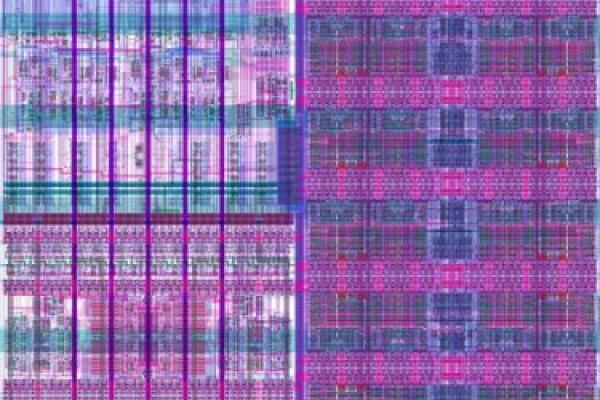
Computer Scientists Receive $1.7 Million Grant to Make Chip Design Easier
Researchers are awarded $5 million by the Defense Advanced Research Projects Agency (DARPA) to spark the next wave of semiconductor innovation and circuit design in the U.S.
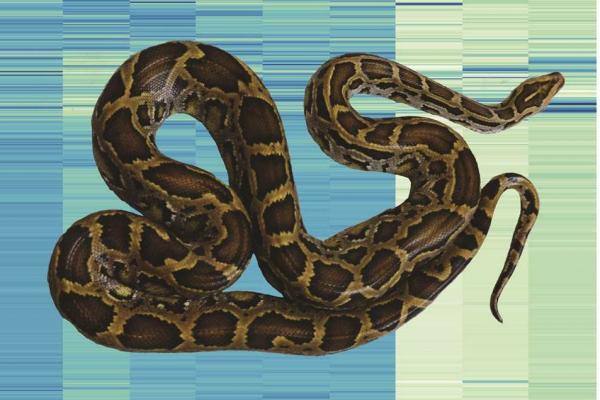
Powering Research Throughout the Lone Star State
TACC's leading role in University of Texas Research Cyberinfrastructure initiative enables discoveries by scholars throughout UT System
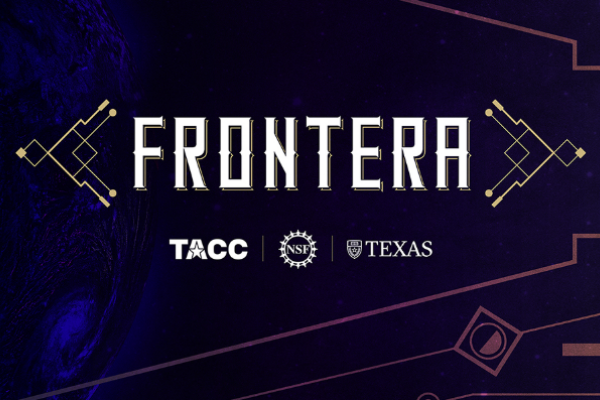
New Texas Supercomputer to Push the Frontiers of Science
National Science Foundation awards $60 million to the Texas Advanced Computing Center to build nation's fastest academic supercomputer
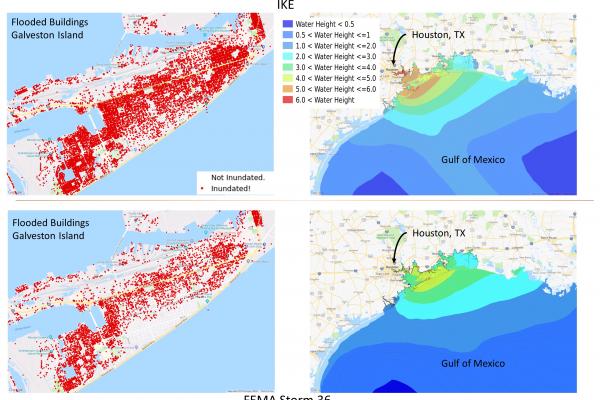
Preventing Natural Hazards from Becoming Societal Disasters
DesignSafe, a new platform for the natural hazards community, helps researchers build a more resilient society
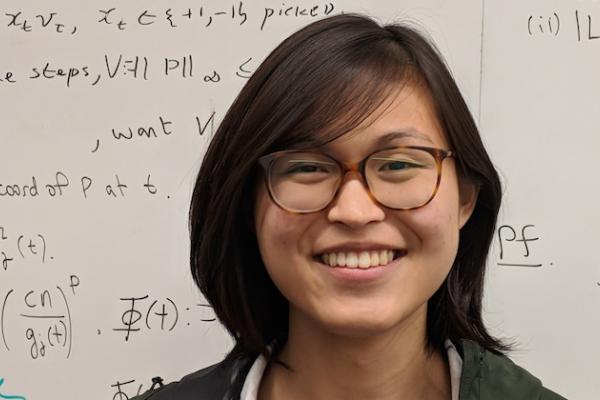
Major Quantum Computing Advance Made Obsolete by UT Grad
Tang's accomplishment involved showing that ordinary computers could, in fact, solve a problem that previously experts had believed only quantum computers could achieve in a rapid way.
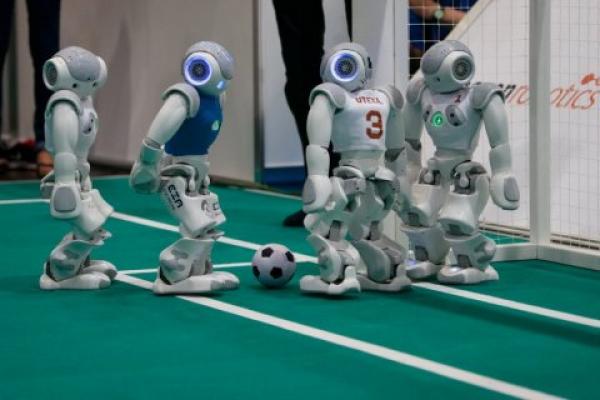
Could Robots Compete in the 2050 World Cup? This UT Team Thinks It’s Possible
UT’s robot soccer team, UT Austin Villa, competes in the 22nd annual RoboCup competition, which began with a goal of developing a robot soccer team capable to beat the human World Cup champions by 2050.
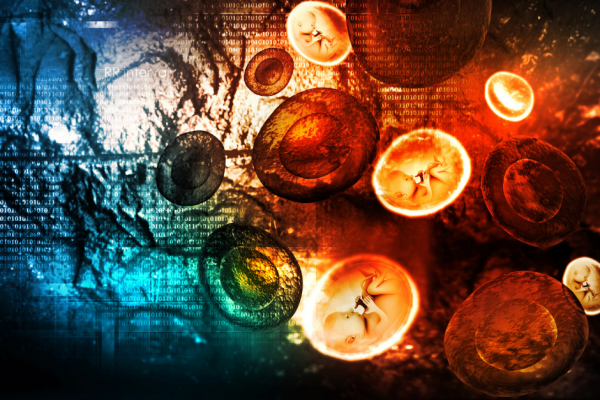
The University of Texas at Austin Awarded Grant from Chan Zuckerberg Initiative to Support Human Cell Atlas
The project aims to design frameworks and systems that close the gap between computer vision (CV) algorithm and human performance for analyzing living cells observed in videos.
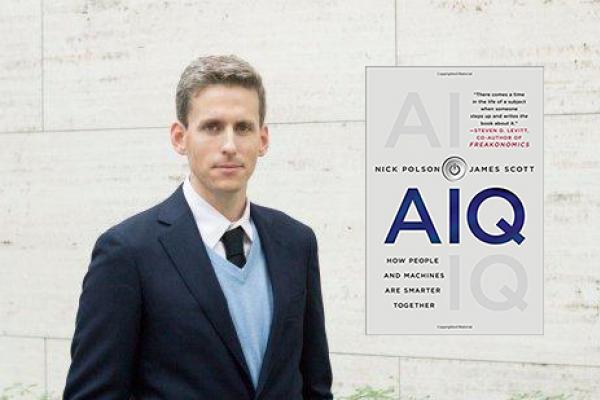
A Look at How A.I. is Helping the Human Race
In their new book AIQ: How People and Machines Are Smarter Together, James Scott and Nick Polson lay out an optimistic vision for how AI can help us overcome our cognitive weaknesses and live happier, healthier lives.
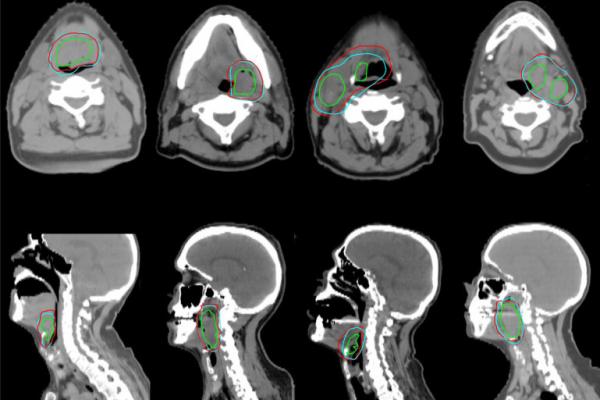
An AI Oncologist to Help Cancer Patients Worldwide
MD Anderson researchers use supercomputers at the Texas Advanced Computing Center to develop, test treatment target identification tool for head and neck cancers
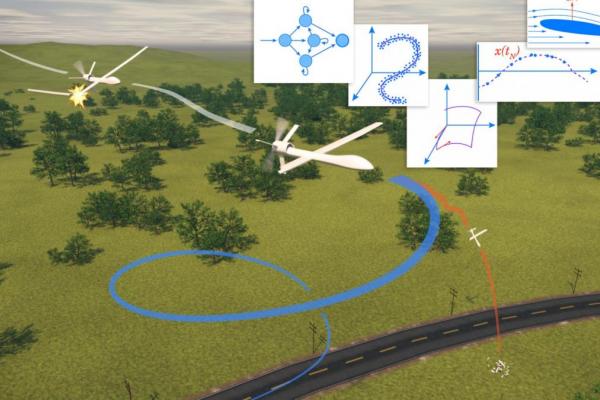
Creating Truly Autonomous Systems is the Goal of New $7.5 Million Engineering Project
Thanks to a $7.5M DOD grant, Texas Engineers are developing AI for UAVs to learn “on the fly.”
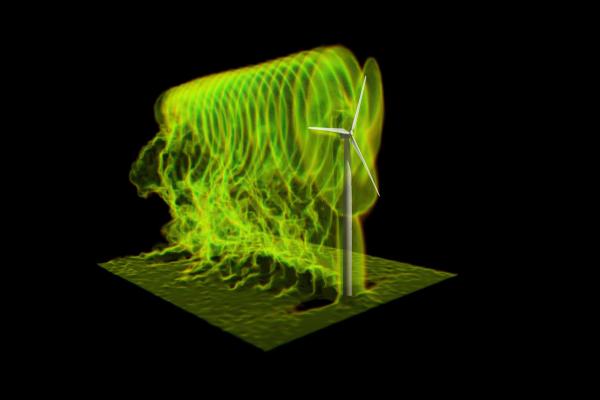
New Control Strategy Helps Reap Maximum Power from Wind Farms
UT Dallas researchers use supercomputers at the Texas Advanced Computing Center to improve wind energy production
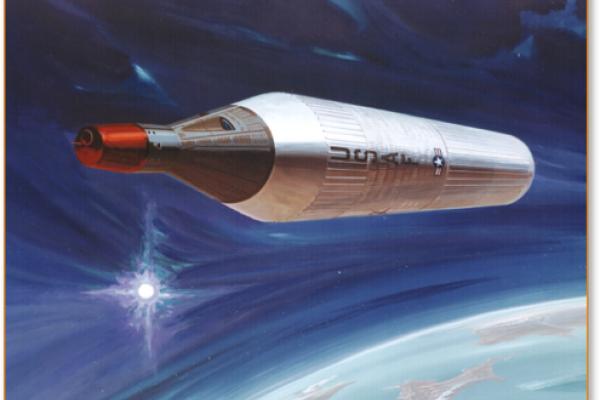
Anticipating the Dangers of Space
Texas A&M, NASA and UT Medical Branch researchers use supercomputers at the Texas Advanced Computing Center to estimate radiation risks for low Earth orbits
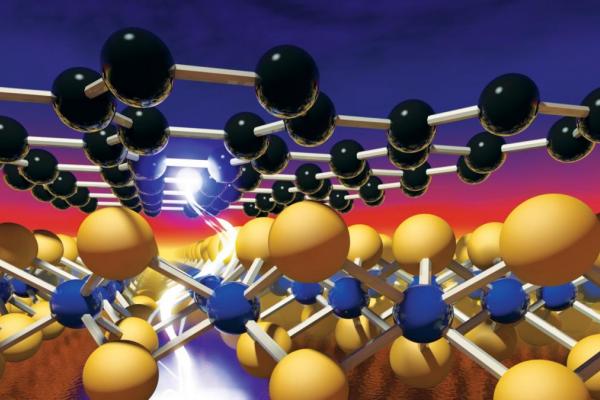
Ultra-Thin Memory Storage Device Paves Way for More Powerful Computing
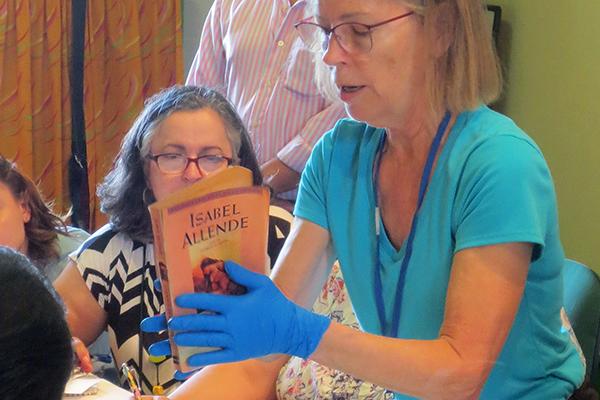
iSchool Faculty Assist Puerto Rican Institutions
Texas iSchool Senior Lecturer Karen Pavelka traveled to Puerto Rico in January to assess damage and provide technical assistance to cultural institutions affected by Hurricane Maria.
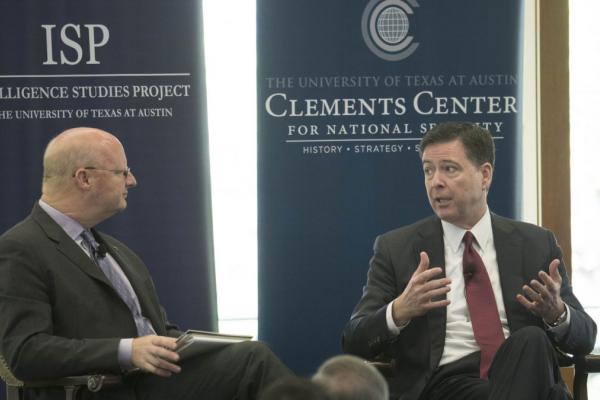
Building the Future of National Security Leadership Deep in the Heart of Texas
UT is expanding the conversation beyond the Washington Beltway, and it has put Texas on the map as a center of expertise in intelligence and national security issues.
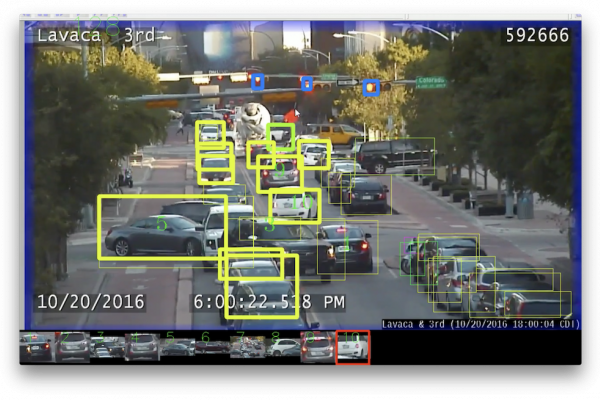
Artificial intelligence and supercomputers to help alleviate urban traffic problems
Researchers from UT, TACC and City of Austin develop AI tools to automatically analyze road behavior and create searchable databases
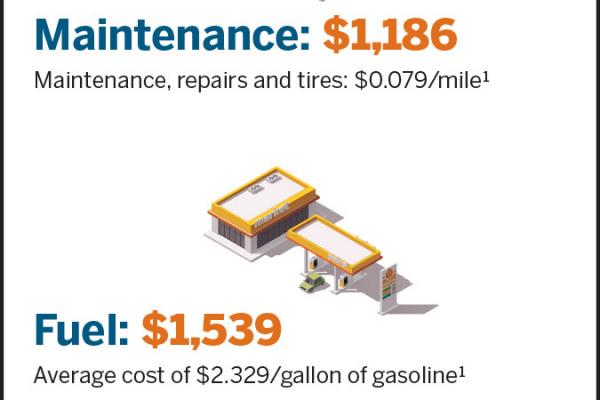
To Drive or Not to Drive?
A new website from UT’s Energy Institute can help consumers decide: Should I own a vehicle or commute using ridesharing services?
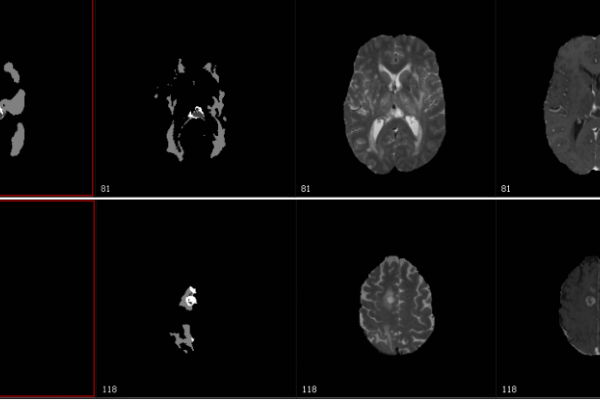
Texas scientist enlist supercomputers, machine learning to automatically identify brain tumors
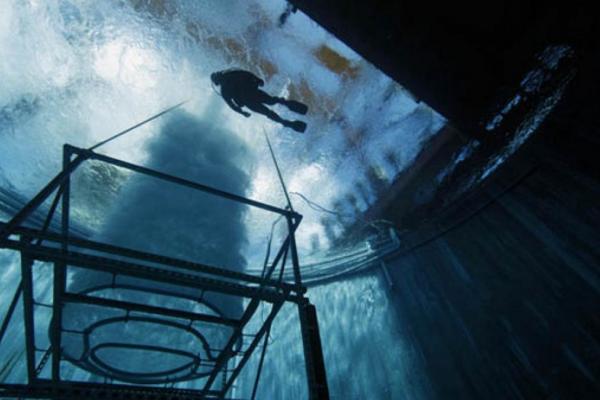
DOD Awards $1.1 Billion Contract to UT Austin’s Applied Research Laboratories
The U.S. Navy awarded Applied Research Laboratories at UT Austin (ARL:UT) the largest research contract in university history to conduct research and development to improve U.S national security.
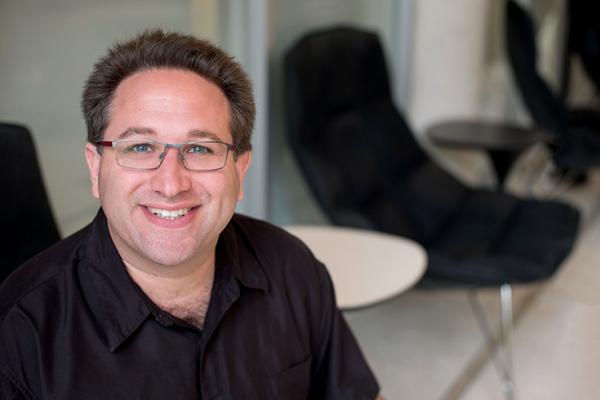
Quantum Computer Scientist Named Simons Foundation Investigator
Computer scientist Scott Aaronson of The University of Texas at Austin has been selected as a 2017 Simons Investigator in Theoretical Computer Science by the Simons Foundation for his work in quantum computation.
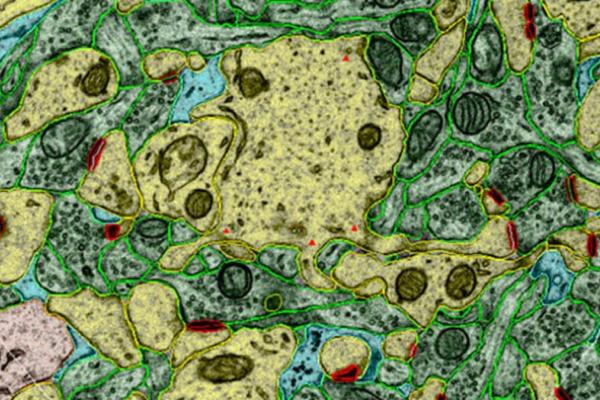
Neuroscientist Receives Grant to Advance Understanding of Brain Structure
Dr. Kristen Harris receives a $9 million National Science Foundation award to explore the brain in microscopic detail.
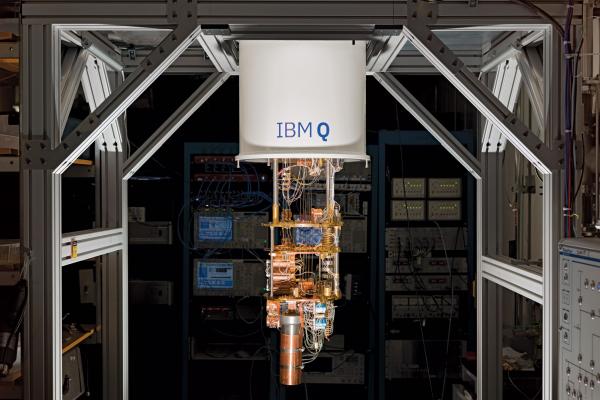
Quantum Computing Might Be Here Sooner Than You Think
Teams at startups, universities, government labs, and companies like IBM are racing to build computers that could potentially solve some problems that are now intractable.

Doing the Math for Better Encryption
A breakthrough formula for generating random numbers may be the key to cybersecurity.
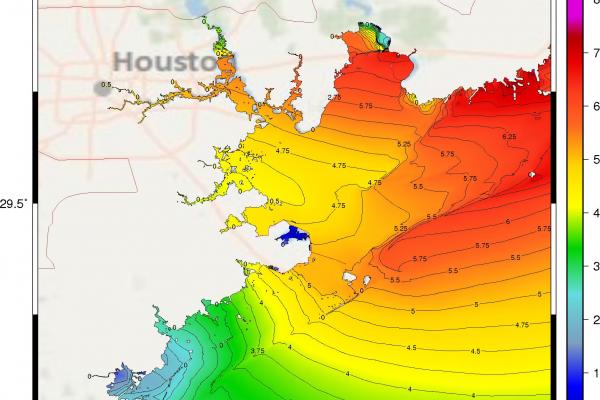
$13.7 Million NSF Grant Creates Natural Hazards Engineering Center at UT Austin
The Cockrell School of Engineering is leading the effort to build a software platform, data repository and tools that will help the US design more resilient buildings, levees and other public infrastructure that could protect lives, property and communities.